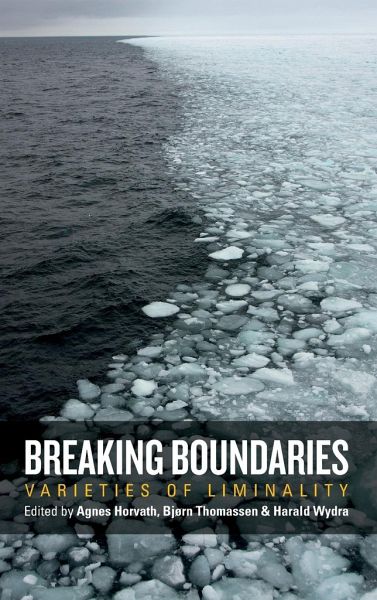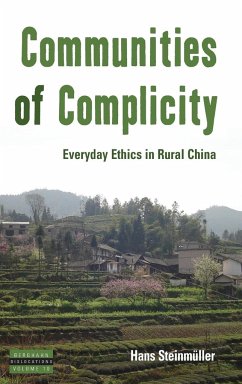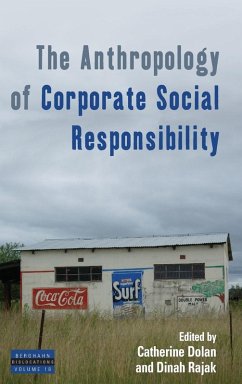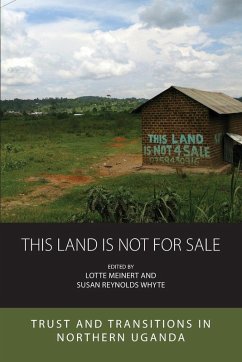
Breaking Boundaries
Varieties of Liminality
Herausgeber: Horvath, Agnes; Wydra, Harald; Thomassen, Bjørn

PAYBACK Punkte
66 °P sammeln!
Liminality has the potential to be a leading paradigm for understanding transformation in a globalizing world. As a fundamental human experience, liminality transmits cultural practices, codes, rituals, and meanings in situations that fall between defined structures and have uncertain outcomes.













